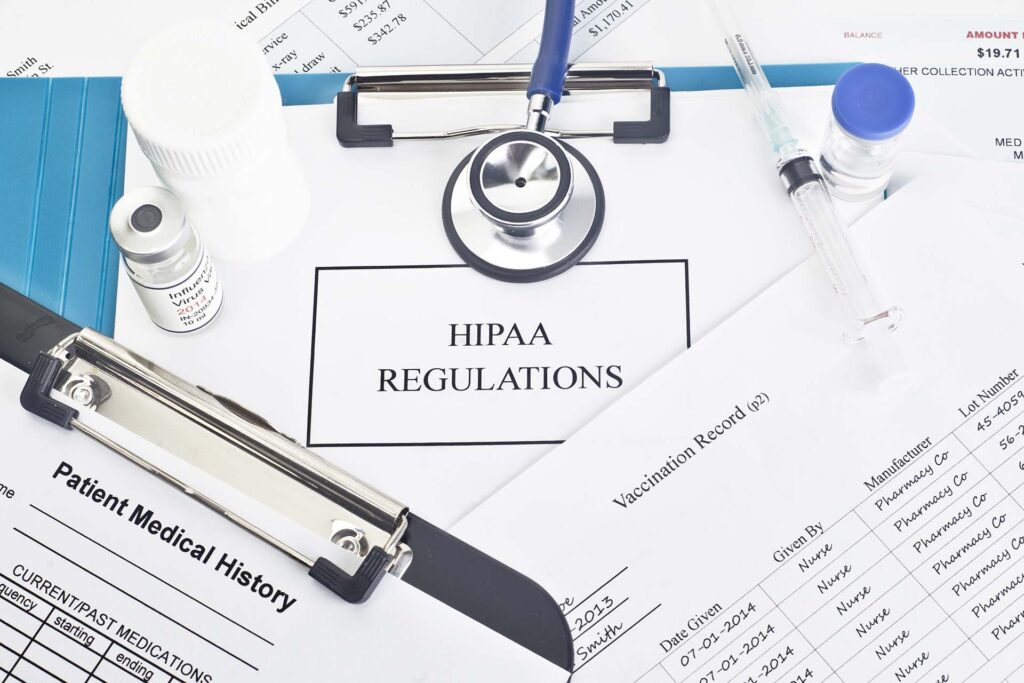Microsoft Teams Can Help You With HIPAA Compliance

Let’s talk about Microsoft Teams and how it helps keep our information safe. Microsoft Teams is a special tool that people use to communicate and share information, especially in places like hospitals. It’s important for hospitals and healthcare providers to follow certain rules to protect people’s private information, and Microsoft Teams helps with that. First, […]
Email Encryption for HIPAA Compliance

Email encryption is a method that converts data that is readable into something that is not readable in the hope of preserving the privacy of the data. If used in conjunction with HIPAA security measures, email encryption could assist in protecting the privacy and security of PHI (Protected Health Information). This article will explain how […]
HIPAA Violation Examples – WheelHouse IT

With fines reaching $50,000 per occurrence and a maximum annual penalty of almost 2 million dollars, it’s imperative to ensure your medical practice is HIPAA compliant at all times. While every possible violation should be considered a threat to your company however some come up more than others do in today’s worldwide technology-driven society with […]
HIPAA Do’s and Don’ts for Employees – WheelHouse IT

HIPAA Do’s and Don’ts for Employees HIPAA is the law that protects your privacy as a patient. Under HIPAA, health care plans and providers must limit who can see records of you to those with need-to-know information such as doctors, nurses, or a health professional if you are in order for it not to be […]
What Counts as a HIPAA Violation?

HIPAA Violation: What You Need to Know Health information is not always as private as you might believe. HIPAA violations can occur without your knowledge, putting your health at risk. These serious violations can result in fines, suspension of hospital privileges, including health plans, and criminal charges. We’ll go over HIPAA, what constitutes a HIPAA […]








